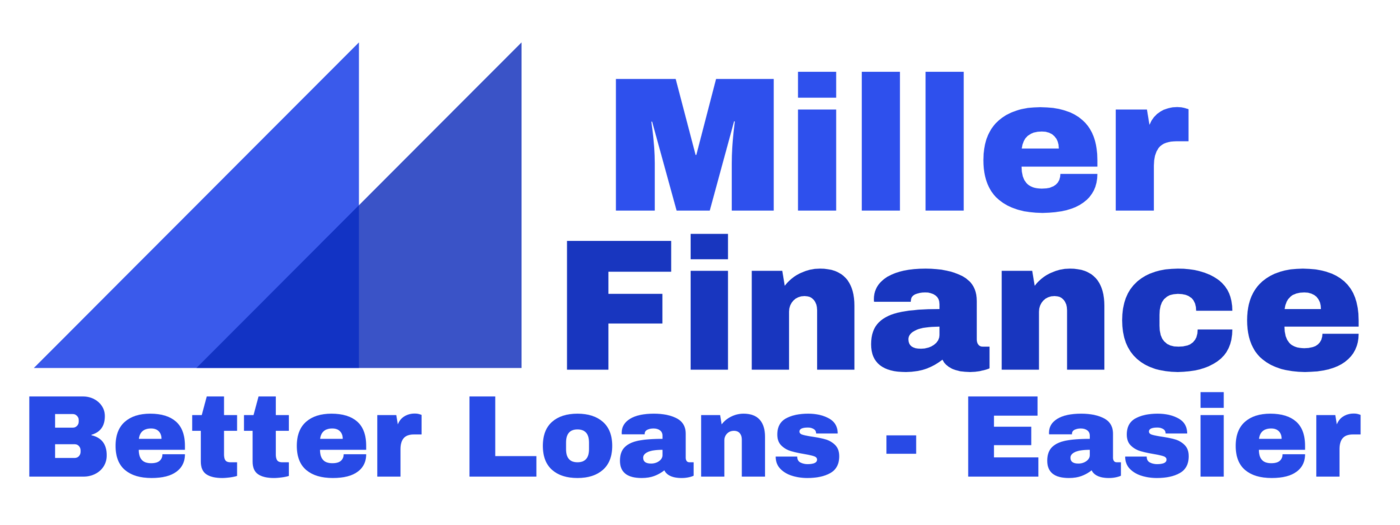Australia has one of the highest rates of small business ownership in the world. Every year many thousands of Australians make the decisi0n to quit their full-time jobs and become business owners. In term so getting home loans and other types of finance – most banks just don’t understand how self-employed people make a living. The biggest challenge is that fluctuating income and no payslips make it difficult to get loan approval.
Generally speaking – most lenders won’t ask for this.A possible exeption is if you provided tax returns and we are already a few months into the financial year. What I mean by this if for eaxample you apply for a home loan in Januaryy, your most recent tax return is well over 6 months old.In this scenario the lender will usually ask for more financial evidence, usually in the form of your most recent profit and loss statement.
 Home loans for business owners can be trickier to get over the line but we have plenty of experience as well as an accounting background to put your best case forward. Feel free to reach out if you would like to find out more.
Home loans for business owners can be trickier to get over the line but we have plenty of experience as well as an accounting background to put your best case forward. Feel free to reach out if you would like to find out more.
How to qualify?
In broad terms, most credit assessors handling your application won’t understand the financial situation of small business self-employed borrowers – particularly if the business is set up in a trust structure. The saving grace is that different lenders have different documentation requirements and some may require 2 years financials, or 2 years tax returns, some even just require an accountants declaration letter. One thing common to most is the requirement for ABN (Australian Business Number) registration for at least 2 years. What about providing Profit and Loss statements and Balance Sheets?
What about providing Profit and Loss statements and Balance Sheets?
Generally speaking – most lenders won’t ask for this.A possible exeption is if you provided tax returns and we are already a few months into the financial year. What I mean by this if for eaxample you apply for a home loan in Januaryy, your most recent tax return is well over 6 months old.In this scenario the lender will usually ask for more financial evidence, usually in the form of your most recent profit and loss statement.
I haven’t lodged my latest tax return?
Some lenders will require you to have at least 2 years tax returns before they will consider your application but if you haven’t lodged your latest tax return and your ABN shows that you’ve been running a business for at least 2 years, you may still be able to get approved for a business owner home loan based on crtiteria explained above – depending on the lender requirements – just be aware – less documentation – more fees and interest.If you can’t provide the usual financials?
If you struggle to mee the above requirements then the next available option a Low-Doc solution can be the most effective – although most major banks are now getting out of offering Low-Doc loans, however, there are a whole raft of what are defined as non-conforming lenders. In order to progress with a Low-Doc home loan as a business owner information that is usually required includes the following :- the last 12 months of BAS lodgements as well as 12 months of bank statements as well as a Low-Doc declaration letter and an accountants letter confirming your income. As I mentioned previously the trade-off for these types of loans are that fees, interest rates, required deposit are all higher when dealing with Low-Doc loans. Most Low-Doc lenders require a deposit of at least 20%.What about home loan features for Low-Doc
Pretty much all the usual bells and whistles are available similar to full doc home loans including:-- Offset account.
- Redraw facility.
- Interest only.
- Extra repayments.
- Line of credit.
- Fixed interest and spit home loan options.
 Home loans for business owners can be trickier to get over the line but we have plenty of experience as well as an accounting background to put your best case forward. Feel free to reach out if you would like to find out more.
Home loans for business owners can be trickier to get over the line but we have plenty of experience as well as an accounting background to put your best case forward. Feel free to reach out if you would like to find out more. 